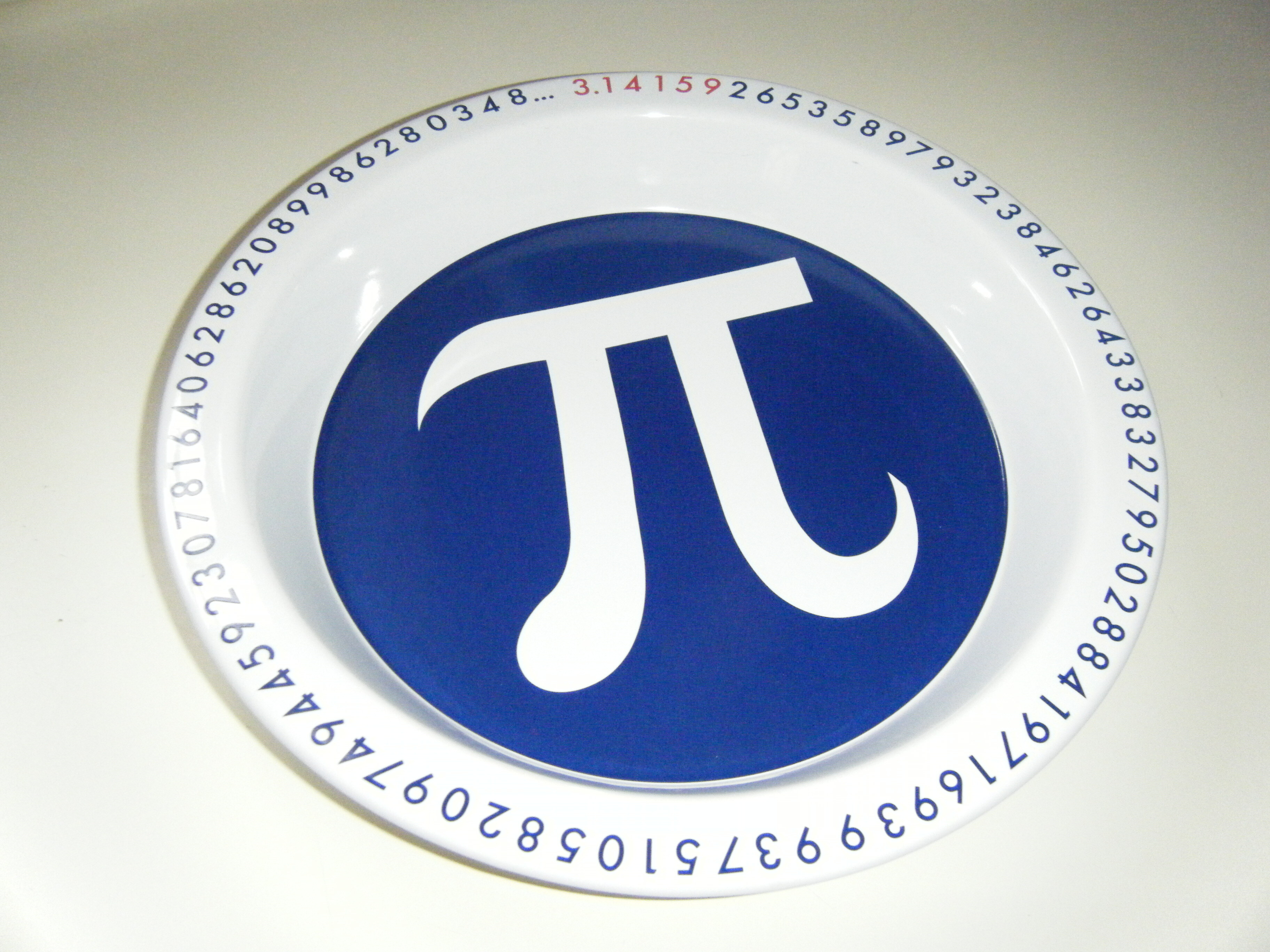There are certain things whose number is unknown. If we count them by threes, we have two left over; by fives, we have three left over; and by sevens, two are left over. How many things are there?
105n + 23, where n is an integer.
it is implied that n = 0; you have the complete answer.
To others: this is modular math, Chinese remainder theorem From Wikipedia, the free encyclopedia
Sunzi’s original formulation: x ≡ 2 (mod 3) ≡ 3 (mod 5) ≡ 2 (mod 7) with the solution x = 23 + 105k, with k an integer
In mathematics, the Chinese remainder theorem states that if one knows the remainders of the Euclidean division of an integer n by several integers, then one can determine uniquely the remainder of the division of n by the product of these integers, under the condition that the divisors are pairwise coprime (no two divisors share a common factor other than 1).
For example, if we know that the remainder of n divided by 3 is 2, the remainder of n divided by 5 is 3, and the remainder of n divided by 7 is 2, then without knowing the value of n, we can determine that the remainder of n divided by 105 (the product of 3, 5, and 7) is 23. Importantly, this tells us that if n is a natural number less than 105, then 23 is the only possible value of n.
23 fits!

